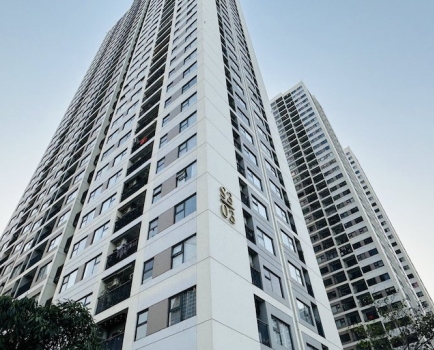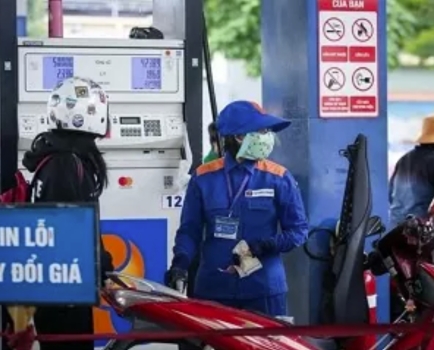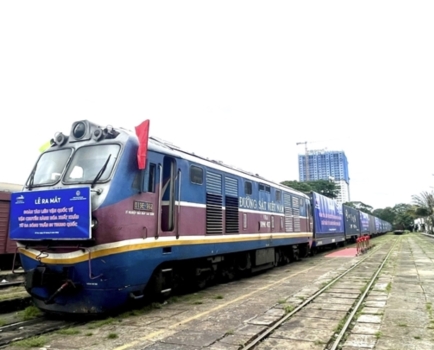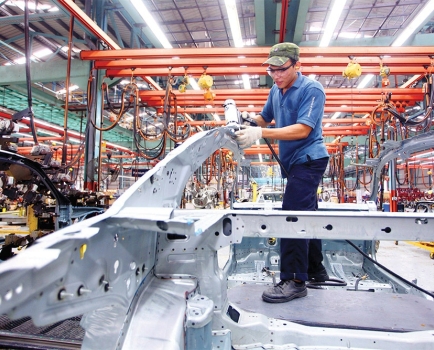Vietnam needs stable legal framework for wind power: workshop
Wed, 12 Jun 2019 14:30:00 | Print | Email Share:
With huge potential for wind power development, Vietnam will be an attractive investment destination if it has a stable and long-term legal framework, said Director for Asia at the Global Wind Energy Council (GWEC) Liming Qiao.
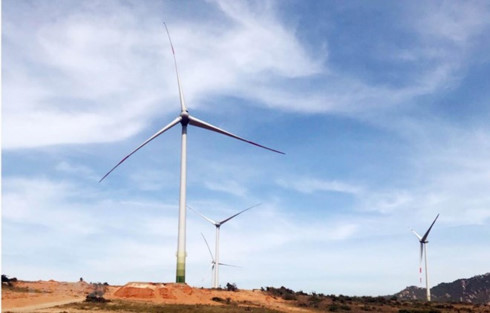
Turbines of the Mui Dinh wind power project
in Thuan Nam district, Ninh Thuan province (Photo: VNA)
A report delivered at a workshop in Hanoi on June 11 noted that by the end of 2018, the total capacity of wind power turbines installed in Vietnam was about 228 MW, a modest figure compared to those in other markets in the world.
The Vietnamese Government aims to raise this figure to 800 MW by the end of 2020, 2 GW by 2025 and 6 GW by 2030.
Benoit Nguyen, head of the renewables advisory section at the DNV GL energy company, said Southeast Asia, including Vietnam, boasts great potential as wind speeds here average 6.5 – 7.5 metres per second, and wind turbine towers with the height of 120 metres can operate in this condition.
He noted the feed-in tariff (FIT) scheme – the selling prices of electricity from renewable energy sources sold to the grid or used on the spot – is also very good, 8.5 US cent per kWh for onshore wind power projects and 9.8 US cent per kWh for offshore projects, not to mention other incentives like exemption of equipment import tariffs and corporate income taxes.
They are the advantages for Vietnam to attract more investment to this field, he said.
However, the problem facing investors is how to put their projects into operation before November 1, 2021 to benefit from the best FITs under the Prime Minister’s Decision No. 39/2018/QD-TTg, which revised a decision in 2011 on mechanisms supporting wind power development in the country.
He also pointed out many risks to these projects like commercial risks and policy vagaries.
Liming Qiao from the GWEC said Vietnam should make stronger efforts to improve the efficiency and transparency of regulations and the procurement process.
Power purchase agreements need to be standardized while the project approval process needs to be simplified and more transparent to promote investment in this market, she added.
At the workshop, many participants said with decreasing equipment prices and better technologies, the capacity and efficiency of wind power projects will be improved.
The remaining issue is how to mobilise capital for projects, they said, suggesting the mobilisation of investment from international financial sources be stepped up.
By: VNA/VOV
---------------------------------------------
Same category News :




